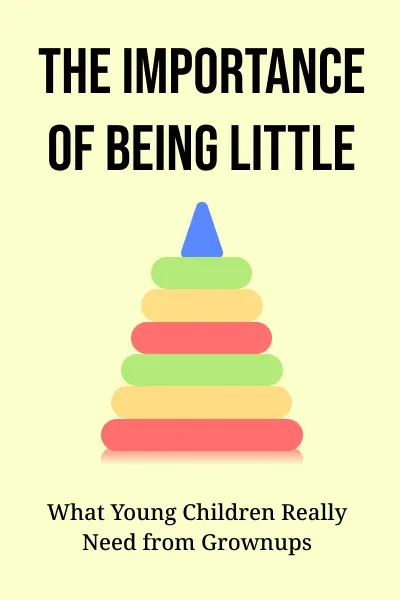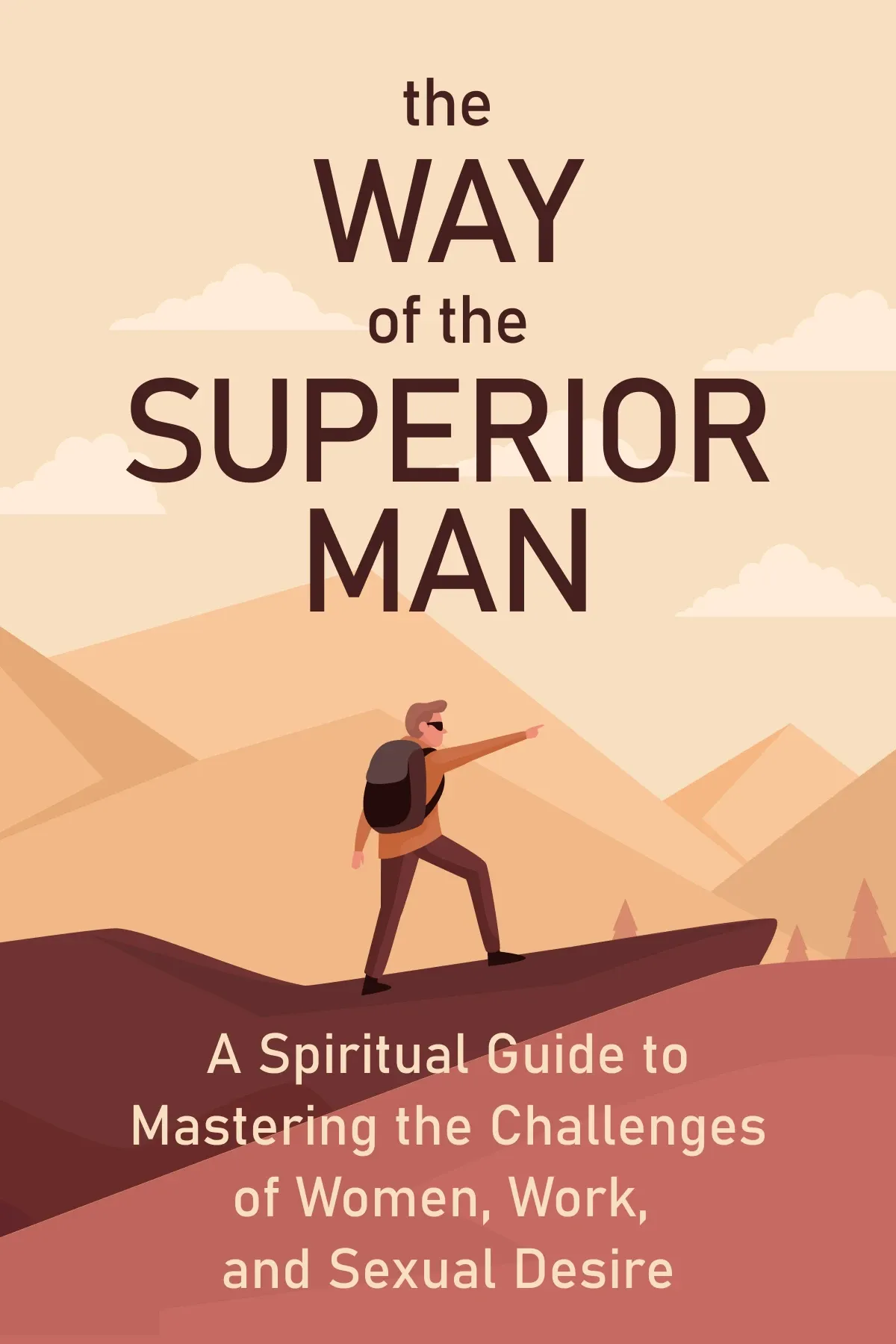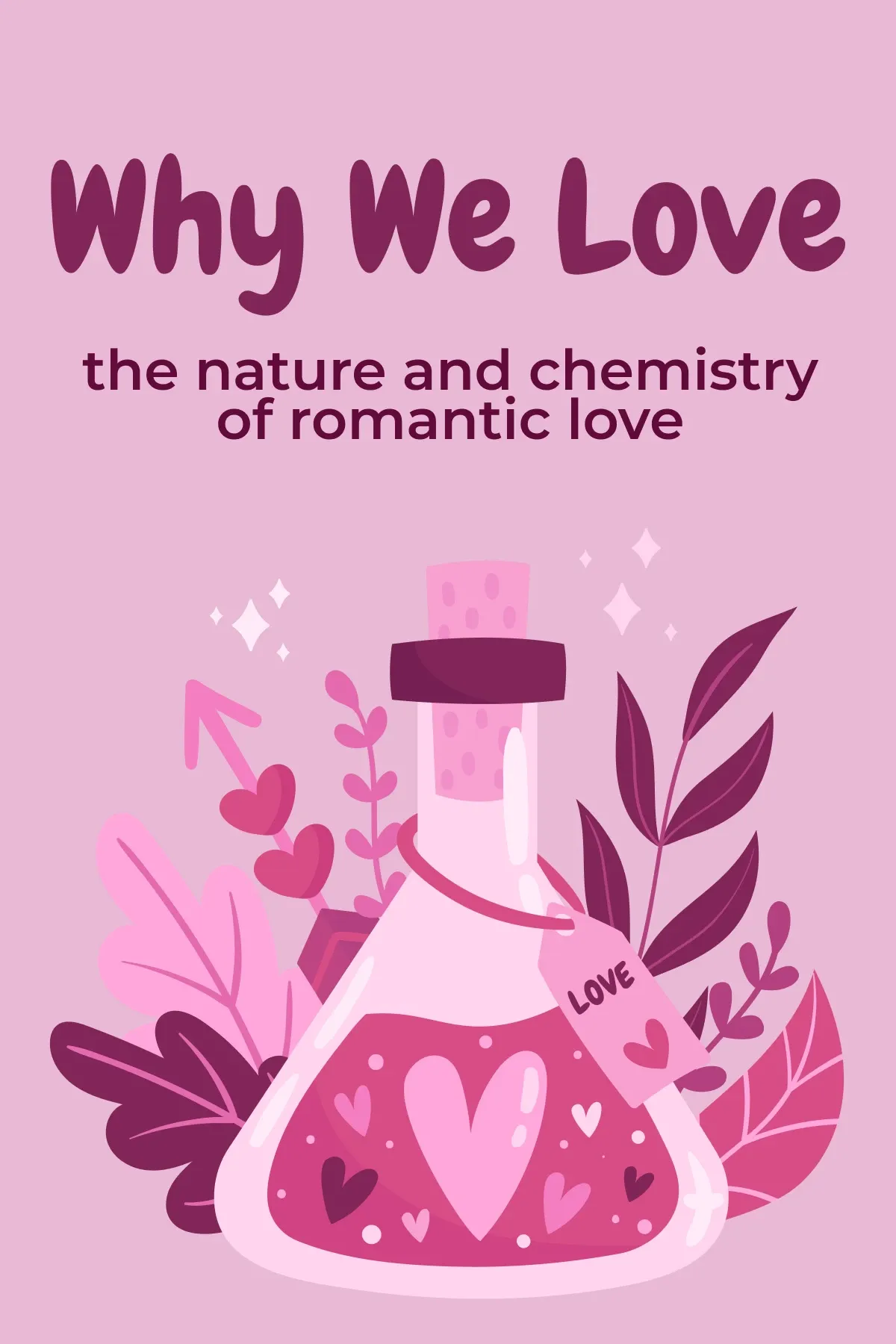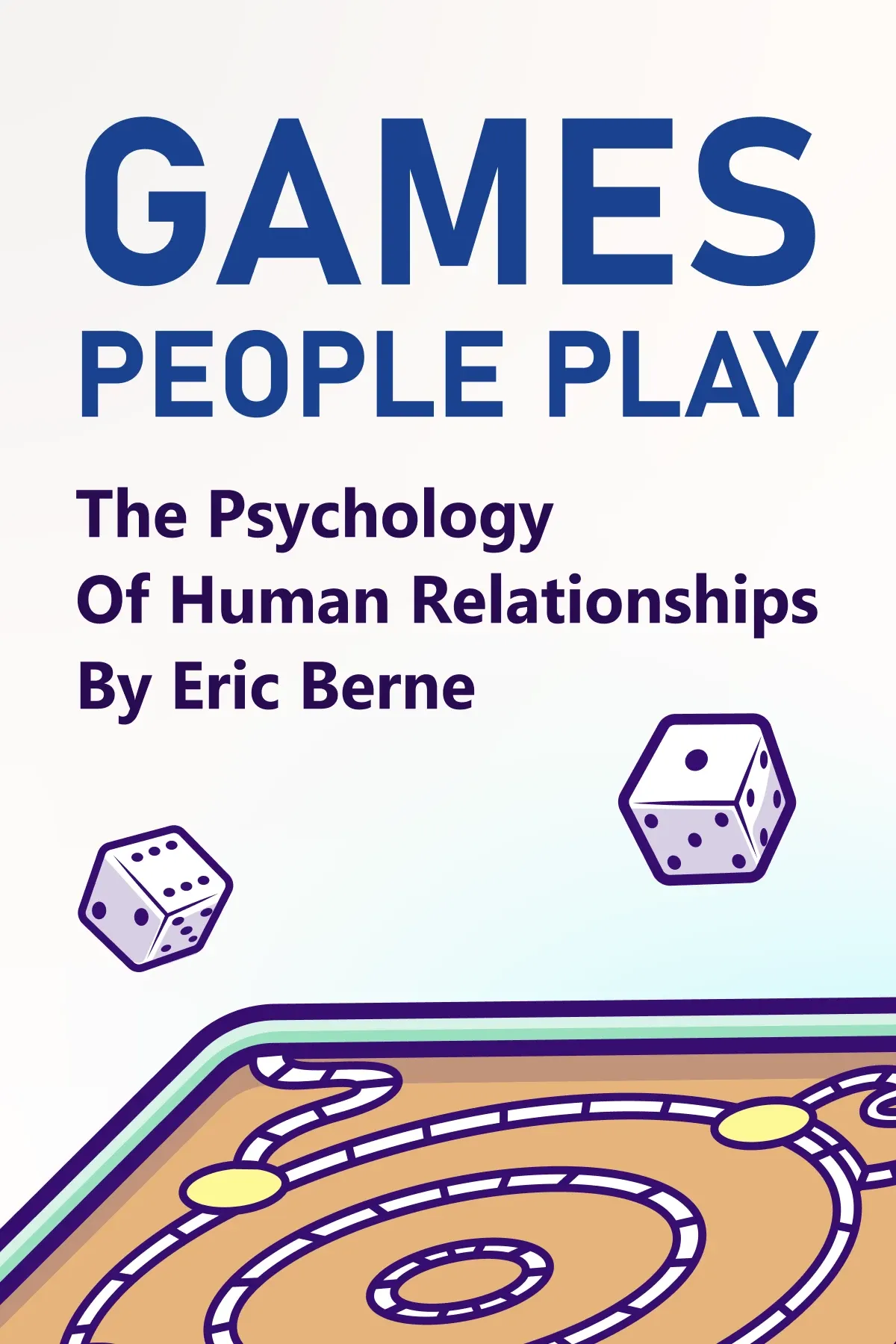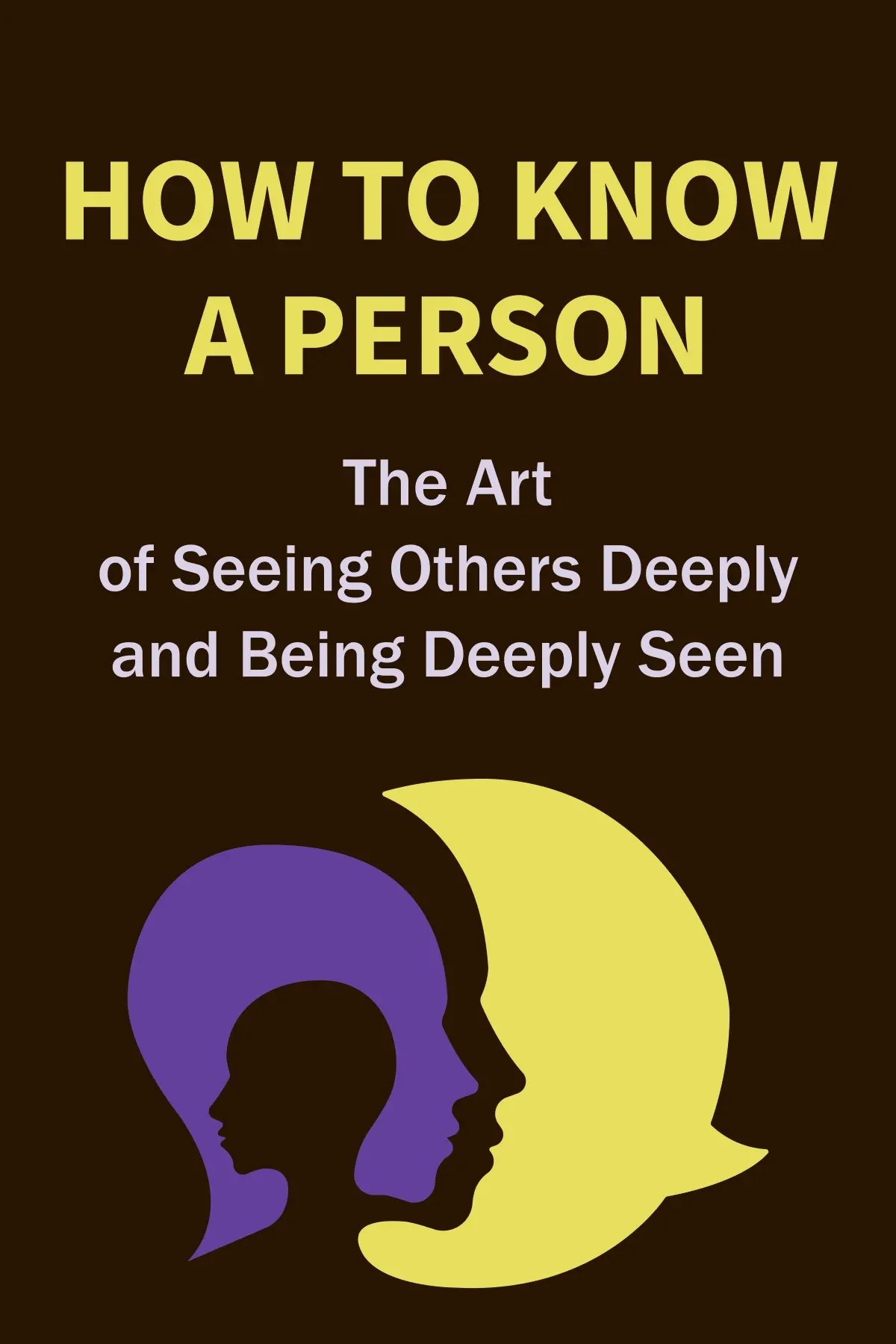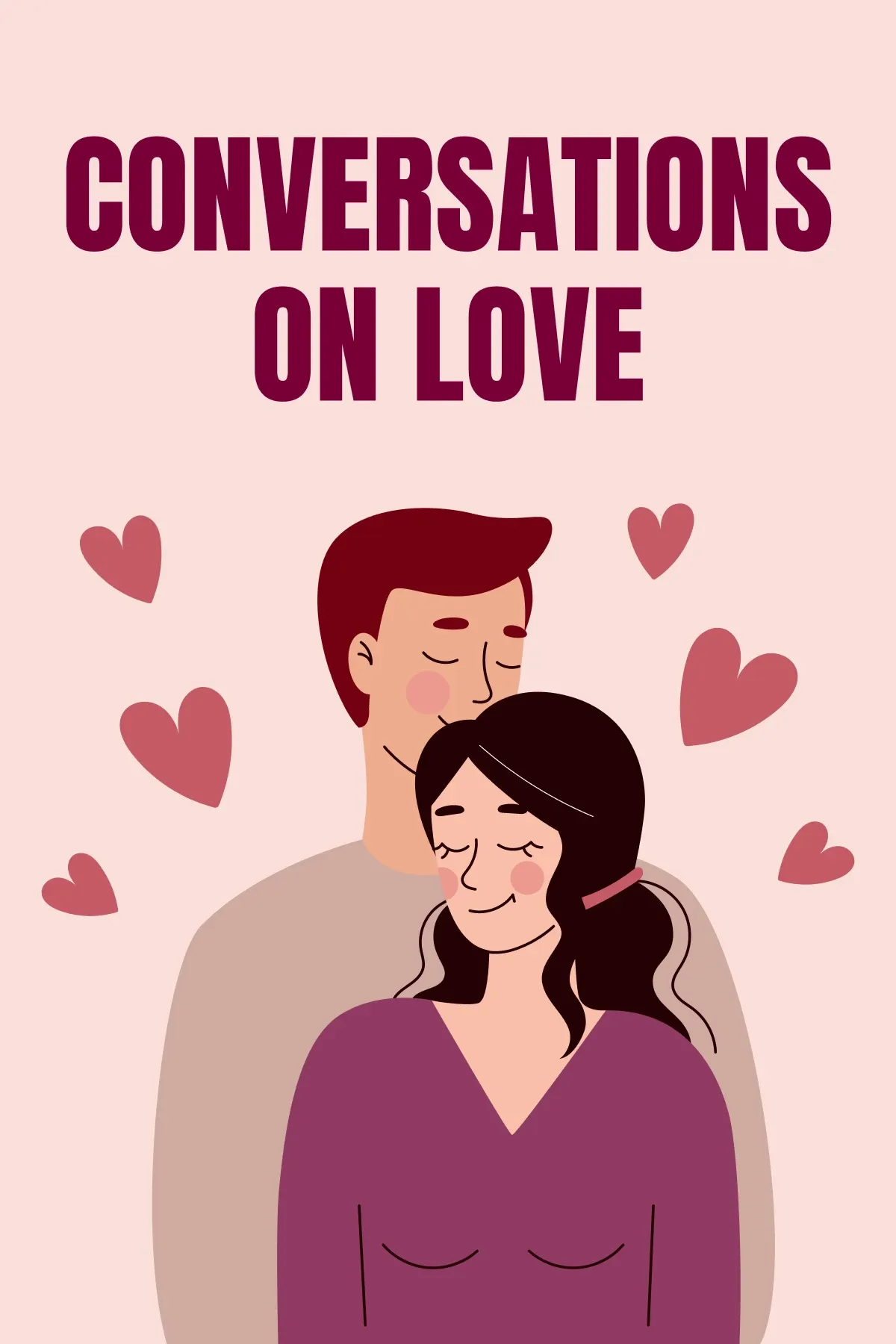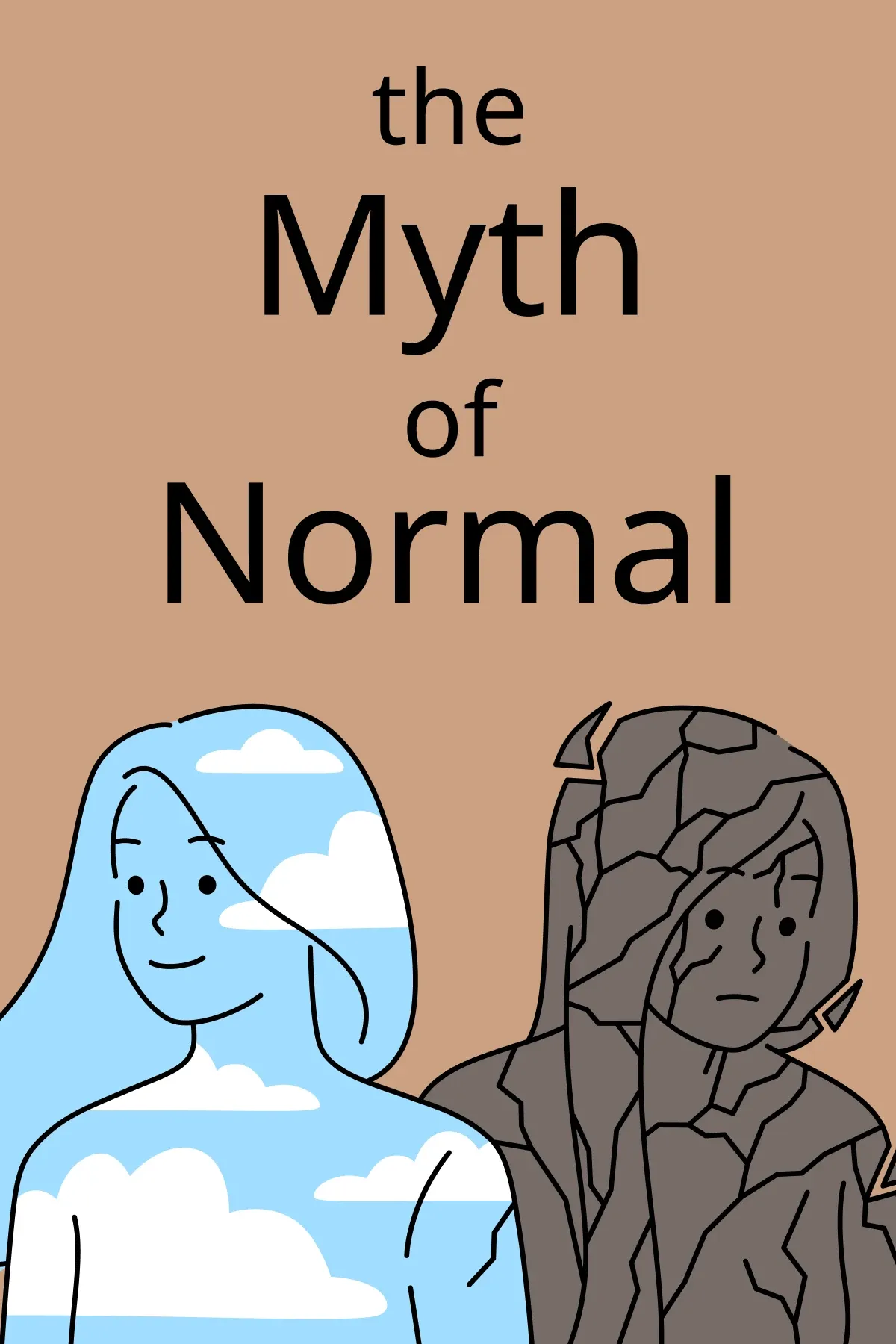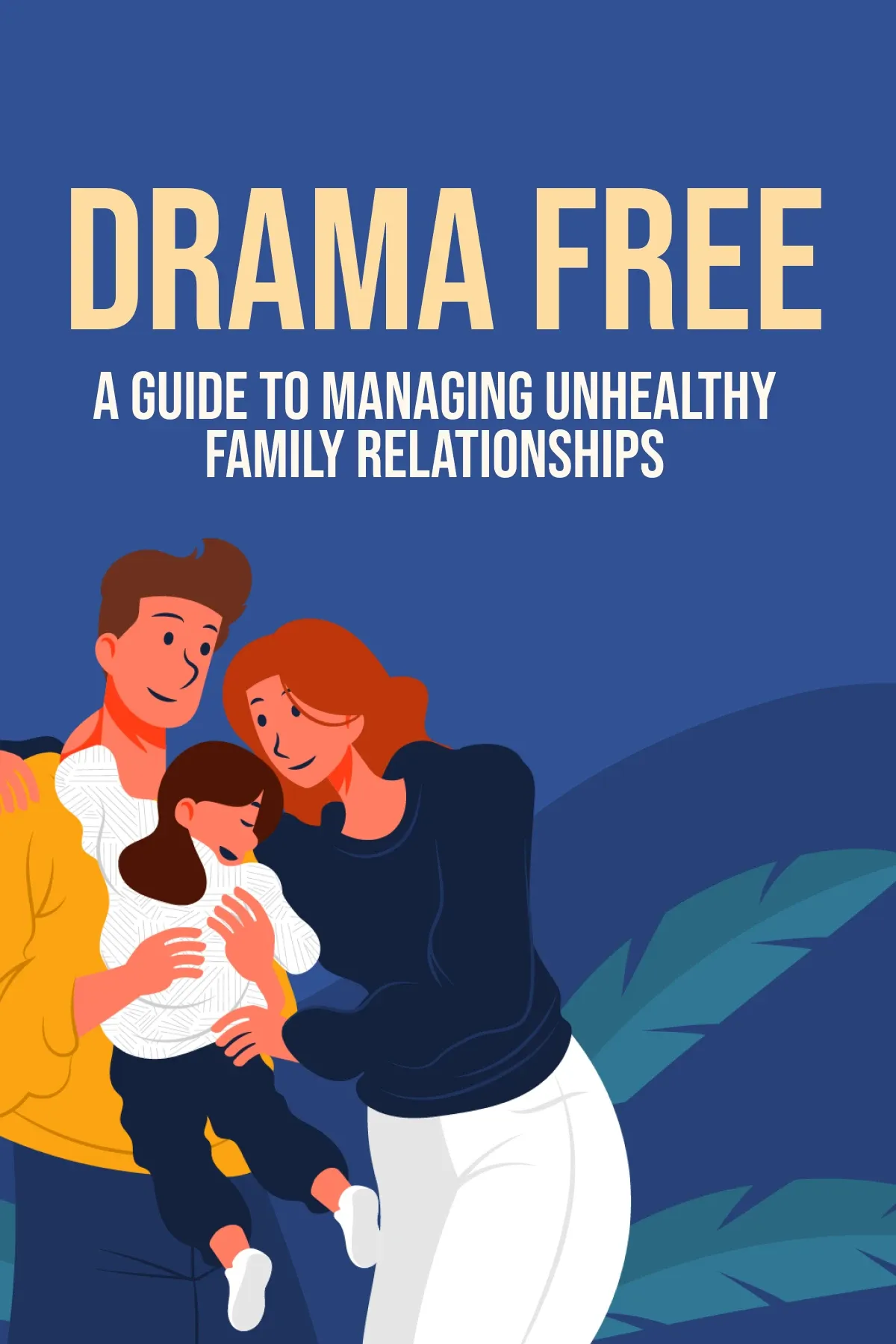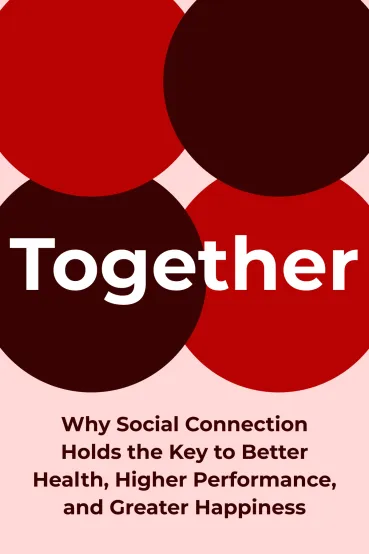
Together
Brief Summary
“Together” by Vivek Murthy explores the issue of loneliness and communication with others. It focuses on the negative effects of feeling lonely. You’ll find out about how our bodies react to loneliness and how circles of relationships can improve our lives. If you’re struggling with forming new connections and meeting new people, this book is for you.
Key points
Key idea 1 of 7
Have you ever thought about why you communicate with people? Why do you make new acquaintances and make an effort to keep in touch? One of the answers lies in the hypervigilance state, which can save lives in times of danger. However, in addition to a protective reaction, it has a stressful effect on the body.
Hypervigilance evolved over a significant period of human existence as a response to isolation. The nervous system controls it and fights anxiety caused by loneliness. In other words, when feeling lonely, the body interprets it as a threat from which we strive to save ourselves. Hypervigilance doesn't distinguish loneliness from the attack of a wild bear or wolves.
When loneliness persists, stress hormones responsible for short-term protection start causing long-term damage and destruction. This occurs through increased cardiovascular stress and inflammation in the body. The primary purpose of the body's stress response is to do everything possible to ensure survival. It is important to note that sometimes the consequences are opposite when the stress response prolongs.
Human instincts require socialization. According to MRI studies of the brain, various reflexes in the body activate social thinking. Thus, social conflict triggers the release of endorphins — meanwhile, dopamine functions as a social motivator. Isolation is an example of an extraordinary situation for humans. The reactions in the body are as follows: when we feel lonely, the body releases cortisol, which raises blood pressure and blood sugar levels.
Considering the long-term perspective, the biological response to loneliness does not bring short-term benefits. It only inflicts harm on the body due to stress and inflammation. This reaction leads to "micro-awakenings," making a person's sleep of poor quality. It is due to this chain of reactions that loneliness often coexists with depression and anxiety.
Understanding one's own emotions, feelings, and desires becomes challenging for a person. If it's difficult for them to comprehend their state, it's not surprising that explaining their condition to a doctor also takes a lot of time. Therefore, all of this hinders the swift identification of the root problem and prolongs its resolution.
FAQ
You may also like these summaries


